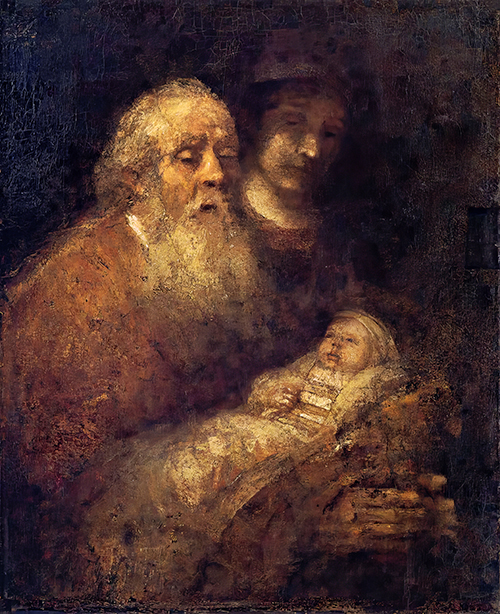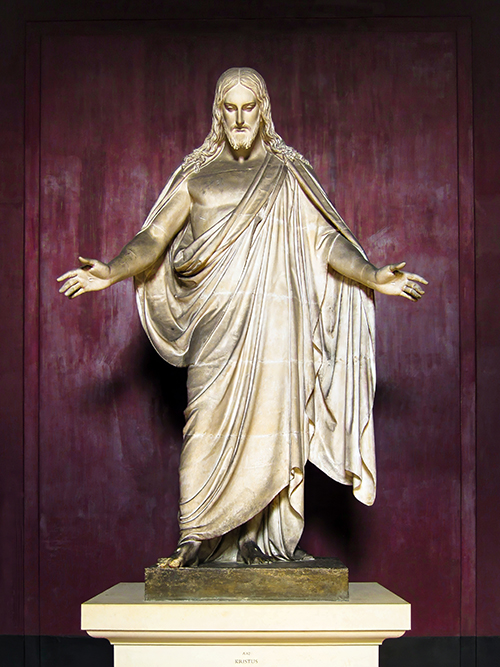
For a number of years, I lived with a paid-up member of the supporters club of the NZSO (New Zealand Symphony Orchestra).
There were occasions when I would accompany this person to a concert by the orchestra.
If you are a concertgoer you may well be aware of an intriguing ritual which takes place.
Persons arrive, gather in the atrium and chat. The chat continues as they make their way into the concert hall and find their seats. The hum of chatter fills the hall.
Suddenly, the main concert hall lights are dimmed. There is silence. No direction has been given, no sign flashes on a screen.
Everyone stops talking, and sit in darkness; however, the darkness is not one of fear, anxiety or panic.
Rather the darkness and indeed the silence is one of eager anticipation, of expectation, of readiness.
Not all the concert hall is in darkness; the stage is lit. while the stage curtains are still drawn, movement and sound are heard.
The shift in light directs the audience attention.
This ritual helps me to access the season of Advent.
From the noisiness and business of my world, I am invited to shift my focus, sit quietly in the darkness, and notice the noise and movement behind the curtains – Incarnation is happening, my God is in my world.
Might it be, that my sitting in darkness is necessary for me to recognise my God?
Might it be a pre-condition to the celebration of Christmas?
“The people who walked [sat] in darkness have seen a great light.” (Is. 9:2)



